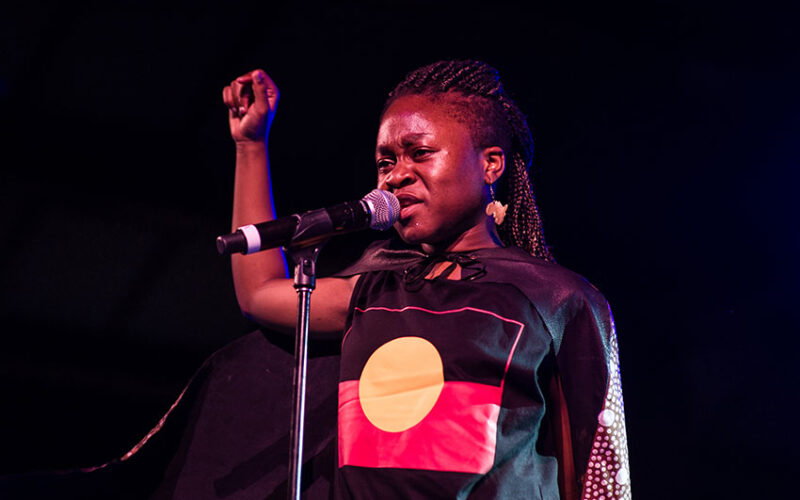
Africans make up a tiny portion of genomics data: why there’s an urgent need for change
A group of Nigerian scientists, in conjunction with the London School of Hygiene and Tropical Medicine, established the Noncommunicable Diseases Genetic Heritage Study consortium in February 2020. The aim is to produce a comprehensive catalogue of human genetic variation in Nigeria and assess the burden of noncommunicable diseases in 100,000 adults in the country. The Conversation Africa asked genetic epidemiologist Segun Fatumo, one of the leaders of the consortium, to explain what they are doing and why. Author SEGUN FATUMO, Associate Professor of Genetic epidemiology & Bioinformatics, London School of Hygiene & Tropical Medicine How does Africa feature in global…

